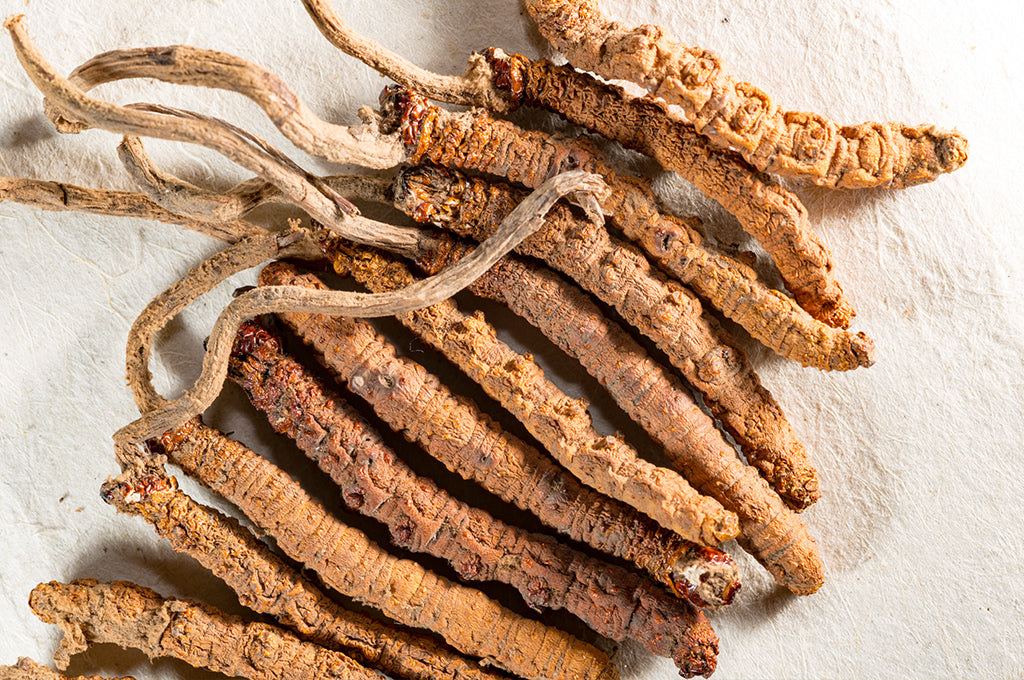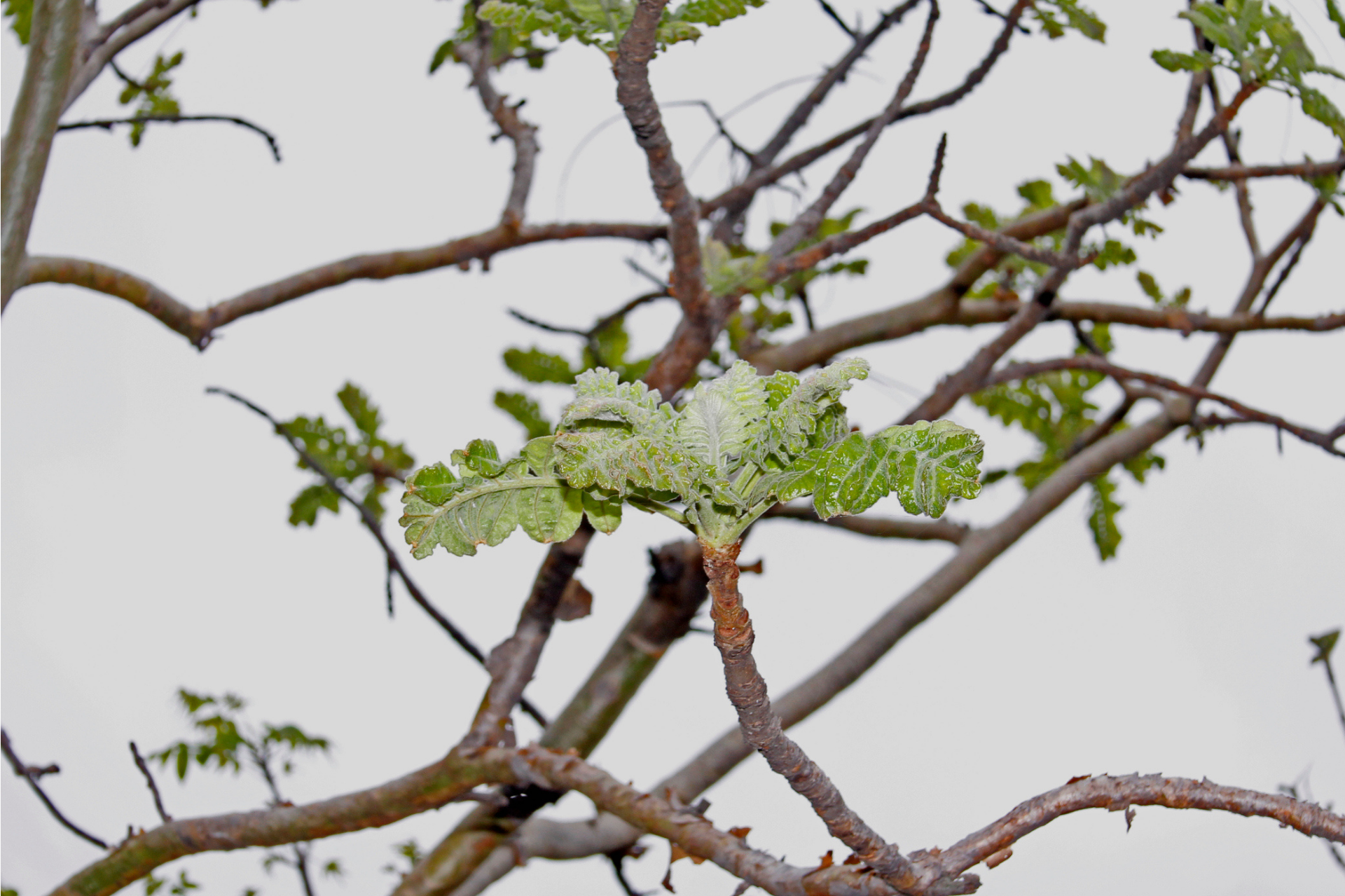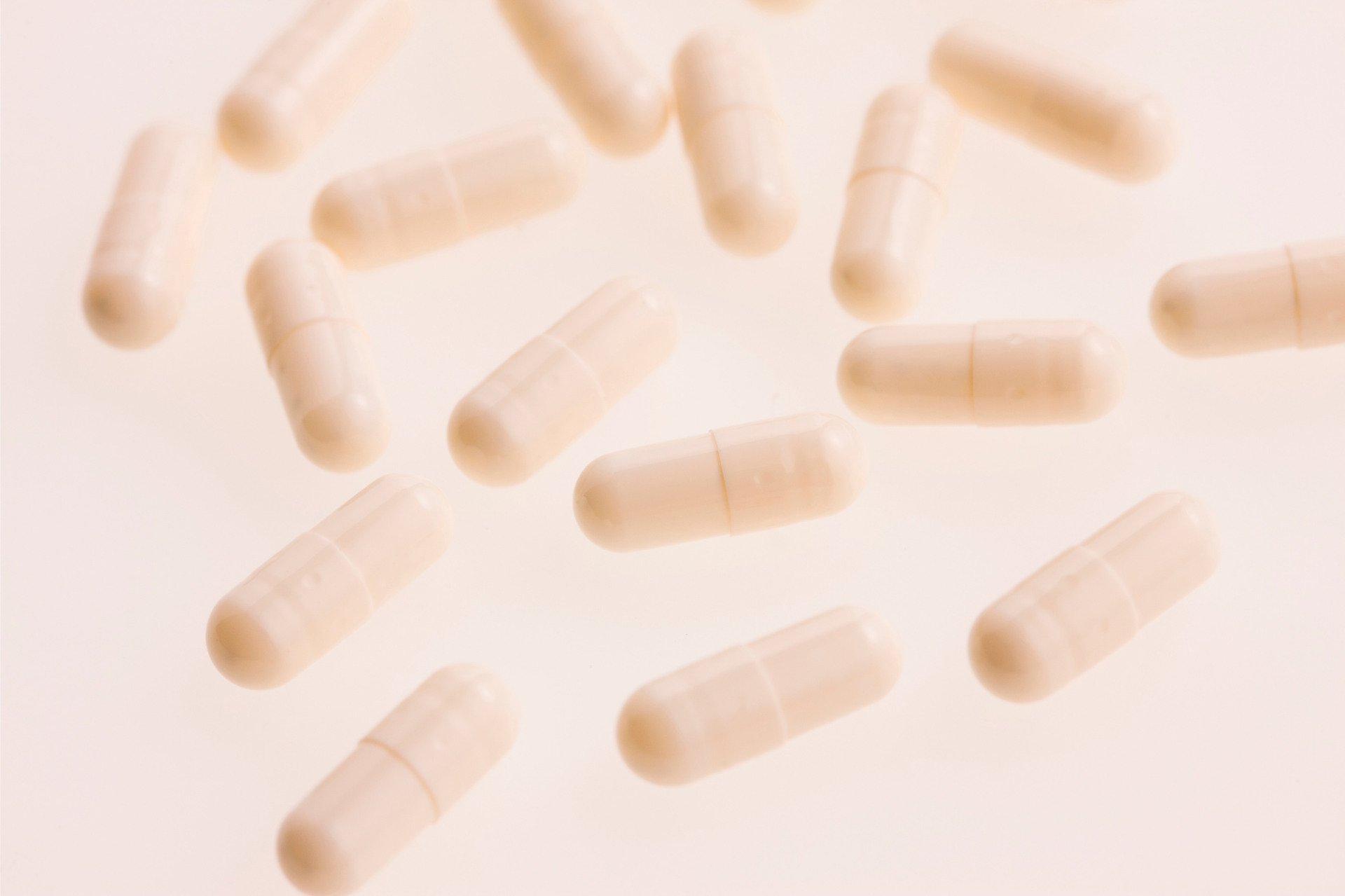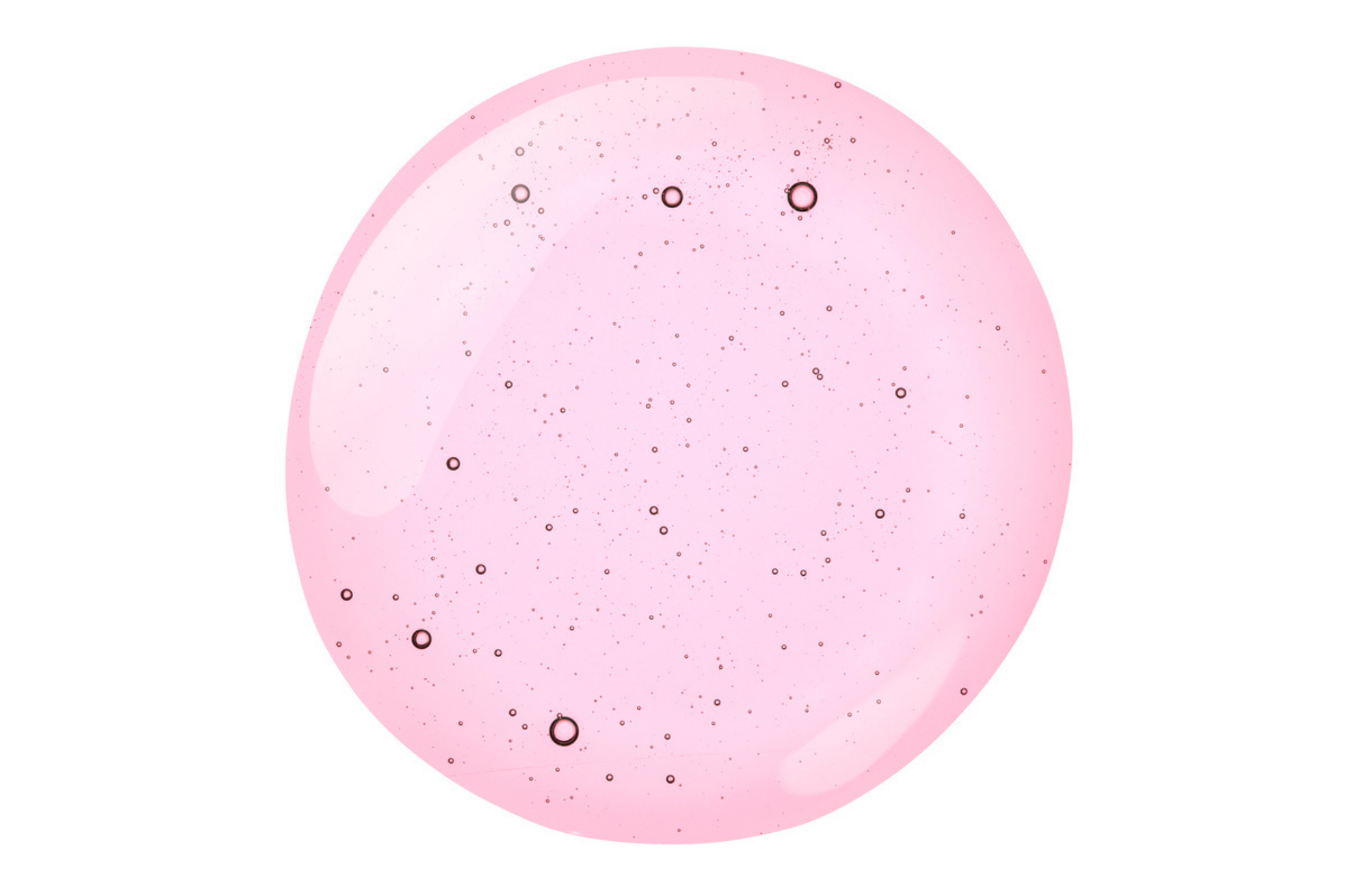Mushroom Guide Part 2: Cordyceps
2nd August 2018 / Ingredients
Mushroom Guide Part 2: Cordyceps
Bold Commerce Collaborator

Cordyceps Sinensis is a type of medicinal mushroom with a host of health benefits and a slightly unpleasant origin. Sometimes referred to as the ‘zombie mushroom’, cordyceps spores find a place to grow by infecting the larvae of the ghost moth. Found predominantly in China, at high elevations, and harvested only by local communities, these highly prized mushrooms are in increasingly high demand as the western world learns of them.
At the forefront of cordyceps reputation is its status as an energiser and anti-oxidant. Like most medicinal mushrooms, cordyceps benefits are varied, and new benefits still coming to light, but for these two reasons, it is commonly taken by those seeking an energy boost, or an edge to their fitness performance.
Cordyceps for energy and performance
The main scientific evidence for cordyceps ability to stimulate and raise energy levels is a 2010 study published in the Journal of Alternative and Complementary Medicine which found that supplementing with Cordyceps Sinensis led to improved exercise performance in adults. The suggested reason for this improved performance is through boosting ATP levels in the body. ATP is one of the primary sources of energy during exercise, and higher production of ATP enables athletes to exert themselves for longer and at a higher intensity than they would otherwise.
Cordyceps ability to boost athletic ability has been demonstrated at an Olympic level. In 1993, the Chinese women’s Olympic runners broke several world records and promptly came under scrutiny for suspected use of banned substances. Once these claims were refuted, their coach revealed the true secret behind their phenomenal performance; cordyceps.
This doesn’t mean that cordyceps benefits are restricted to elite athletes. Improved metabolism, stamina, and lung capacity are beneficial to everyone engaging in athletic activity, and even just in fighting fatigue on a day to day basis.
Cordyceps the antioxidant
Cordyceps has been shown to have anti-aging, anti-cancer, anti-inflammatory, anti-atherosclerosis and immunomodulatory effects. Whilst quite a mouthful to pronounce, basically this means that cordyceps works through multiple mechanisms to keep you feeling healthy and well. Scientists suspect that all these benefits come from one key factor, and that is the presence of antioxidants in cordyceps. Antioxidants serve many functions in the body, one of which is to reduce the action of free radicals in producing an ageing effect.
Cordyceps has been shown to reduce these ageing factors by increasing the amount of superoxide dismutase (SOD) and glutathione peroxidase in the body. SOD is a class of enzymes that repair cells and counteracts the effect of a common free radical in the body; superoxide.
Cordyceps the adaptogen
Like many mushrooms, cordyceps functions as an adaptogen. The word adaptogen refers to a unique group of herbal ingredients that are known for their ability to adapt their function according to the body's specific needs. They primarily assist in the bodies response to stress; helping manage the hormonal response in a natural and controlled manner.
As well as protecting against stress, adaptogens also typically have anti-toxic, anti-oxidative, and anti-inflammatory components. Cordyceps’ has been shown to help the body produce and balance cortisol and other stress hormones. If stress hormones are too high, cordyceps can help lower them. If they are too low, cordyceps will help raise them in a stable way.
Despite efforts by western researchers to take the natural benefits of cordyceps and develop them into a pharmaceutical drug, the result proved less effective than cordyceps taken in its natural form.
Try cordyceps yourself in Link Nutrition's Beauty, Energy + CoQ10, B Complex and Mushroom Plus
From The Blog
-

1st March 2022 / Health / Ingredients
Benefits of Boswellia for joint health
Boswellia might just be the best kept secret for supporting long term joint health, want to find out some of the key benefits of Boswellia? Look no further, let's delve right in! Boswellia is a sp...
Read article -

1st March 2022 / Health / Ingredients
Why magnesium is the wonder mineral for performance
Magnesium is probably one of the most important nutrients for feeling your best every day, yet it’s not talked about often enough. It’s commonly deficient in our diets, with a 2018 study finding th...
Read article -

19th March 2021 / Health / Ingredients
What is hyaluronic acid?
Hyaluronic acid is something of a buzz word when it comes to skin. You’ll find it in skin creams, serums and masks but what actually is it, and how is it good for your skin? We’ve included this mir...
Read article



